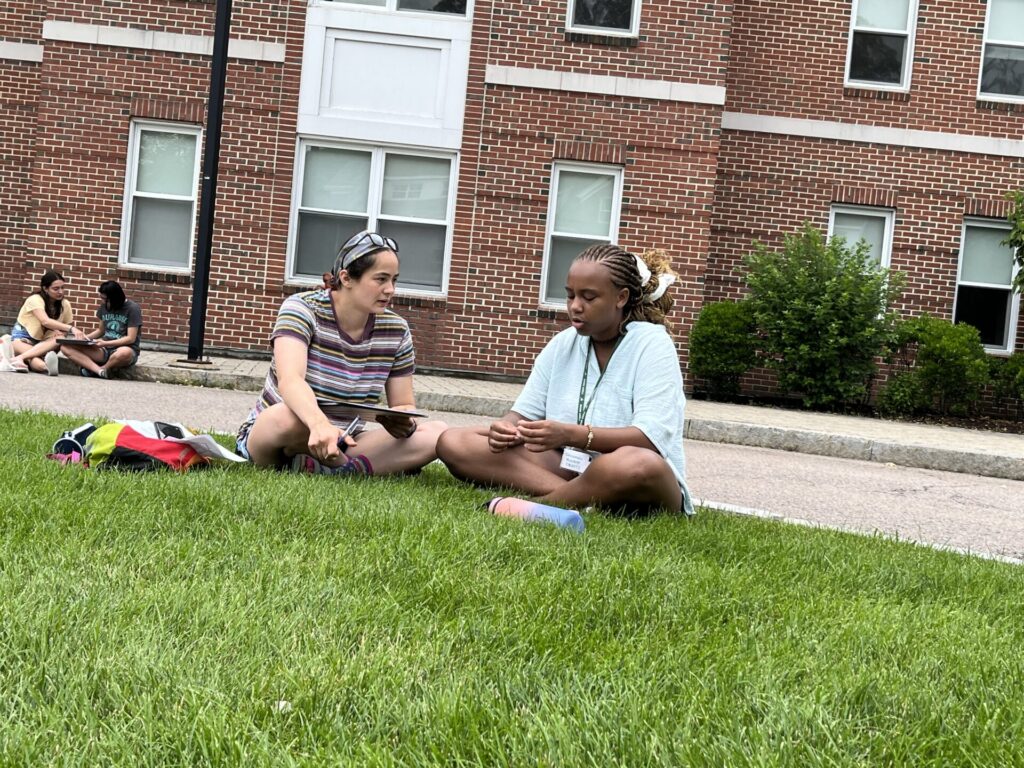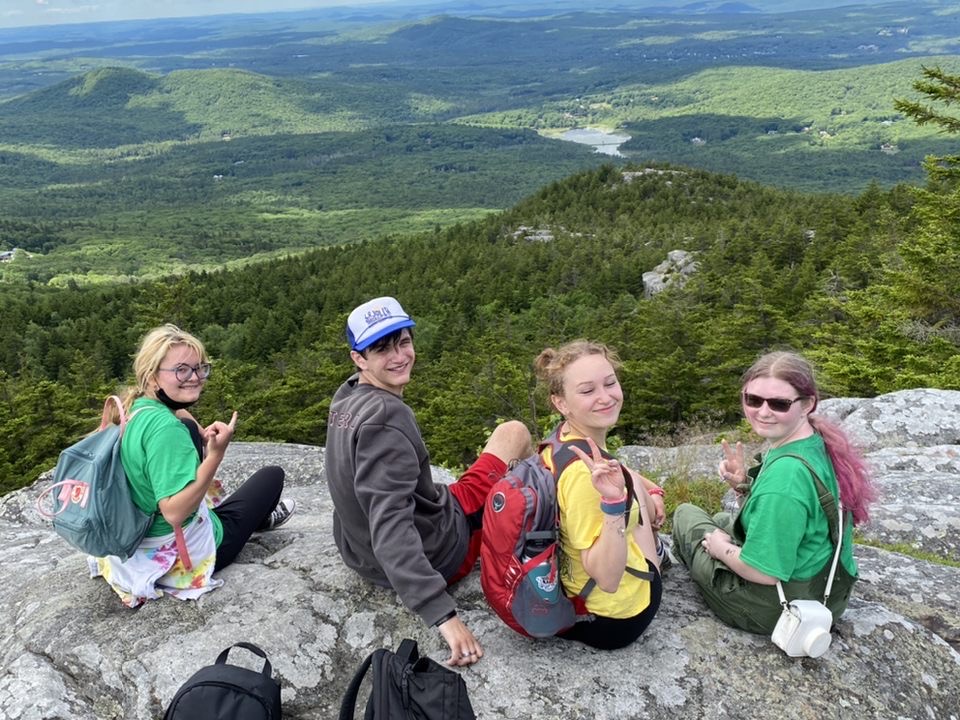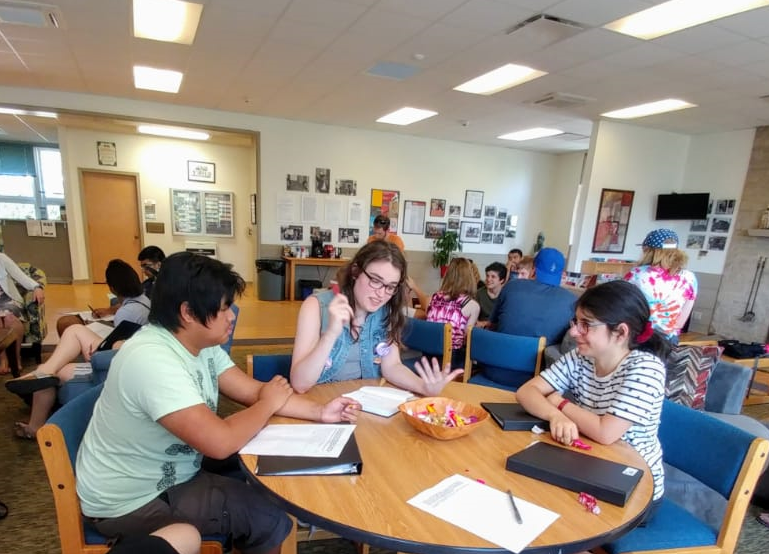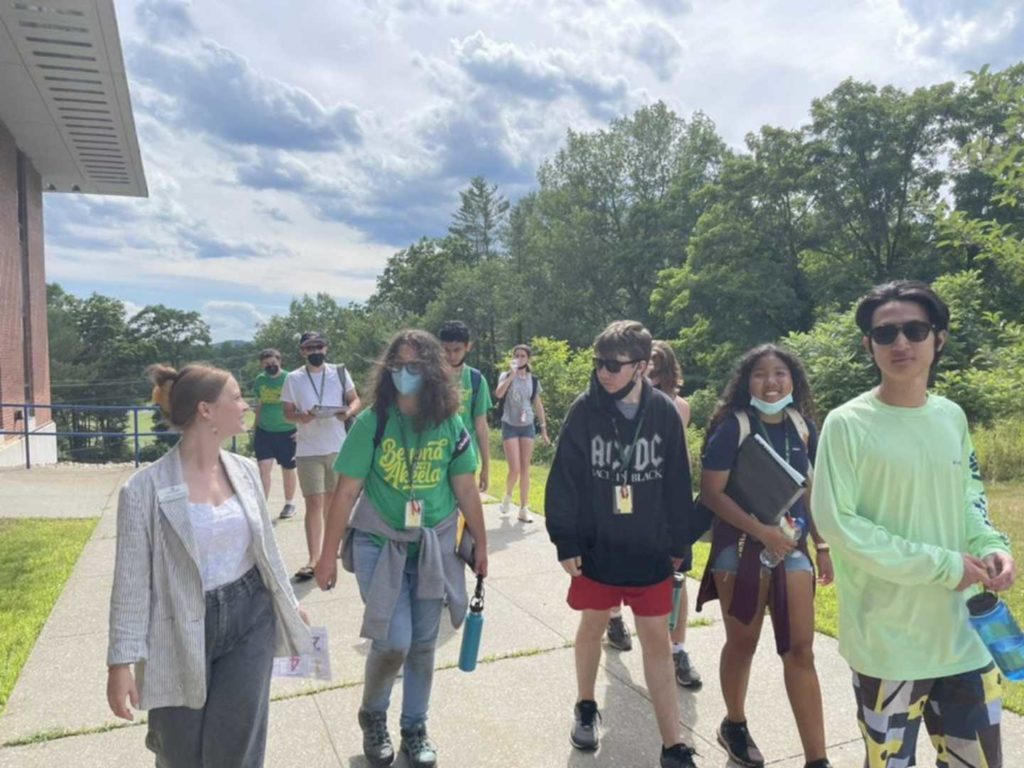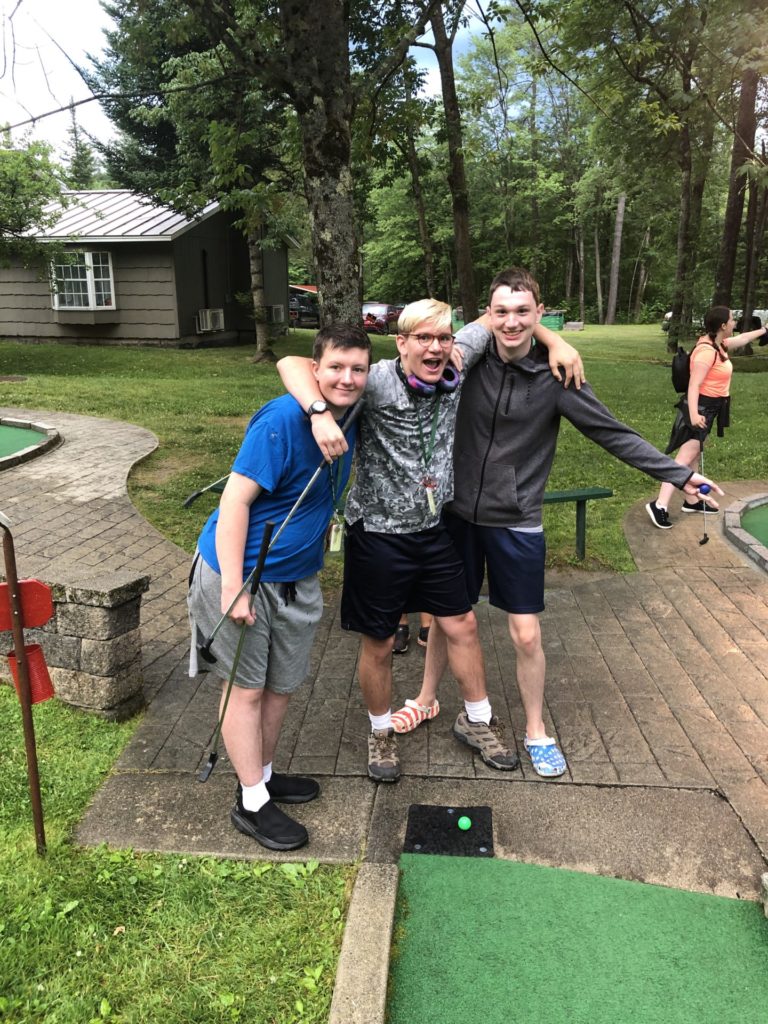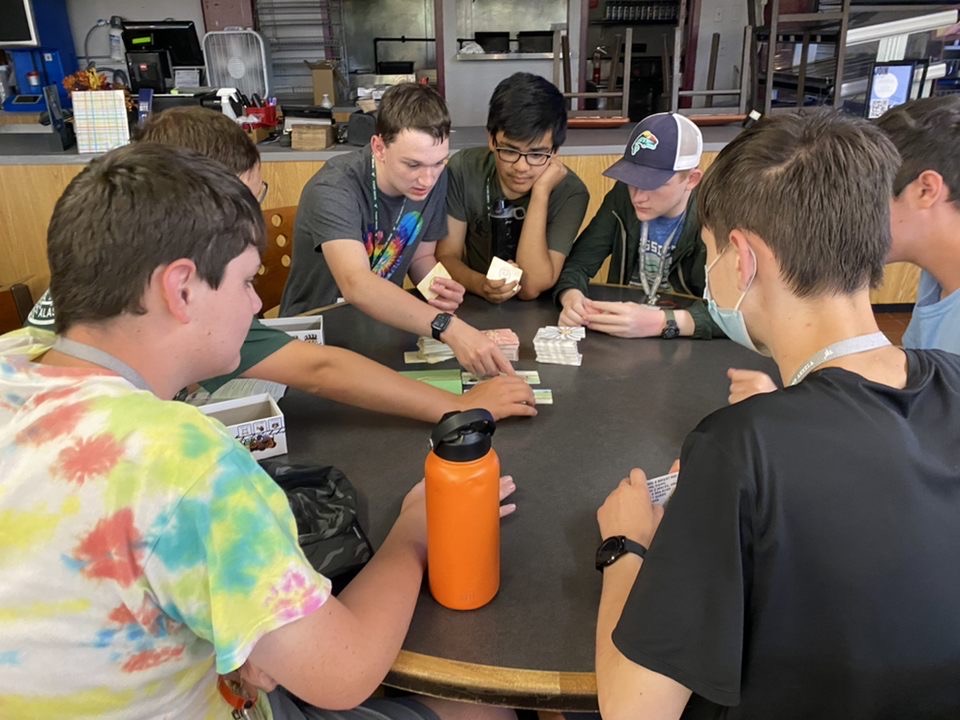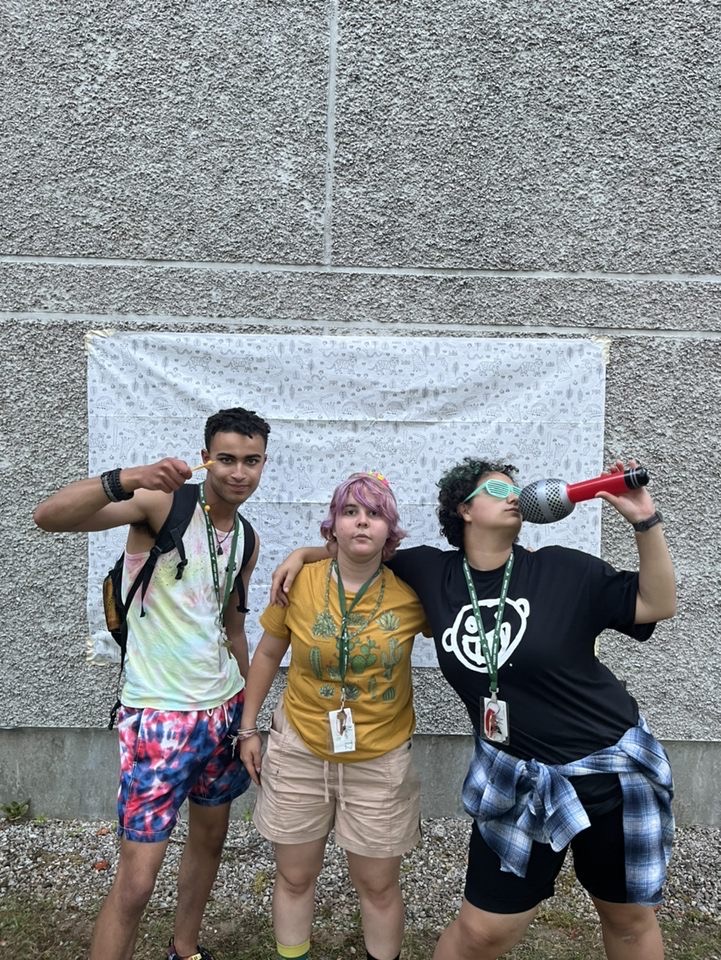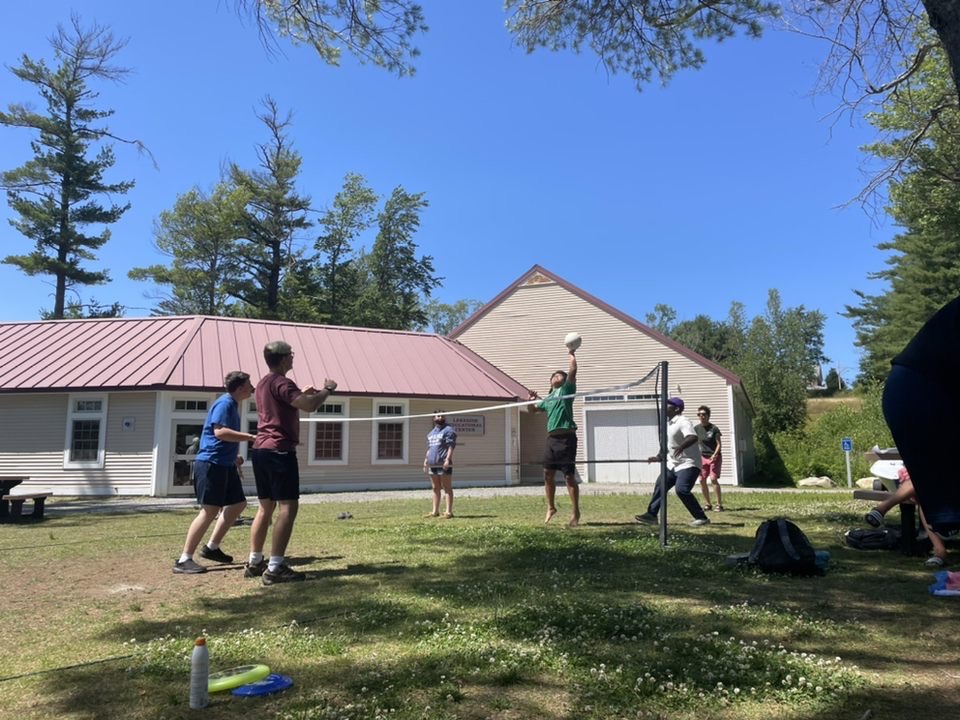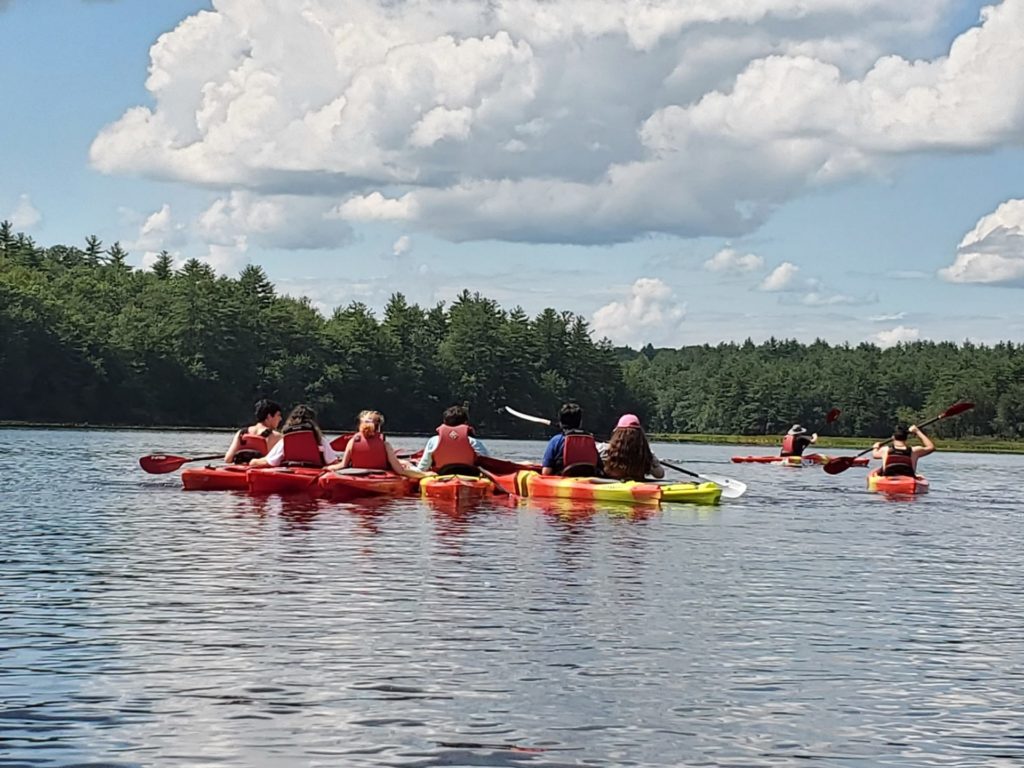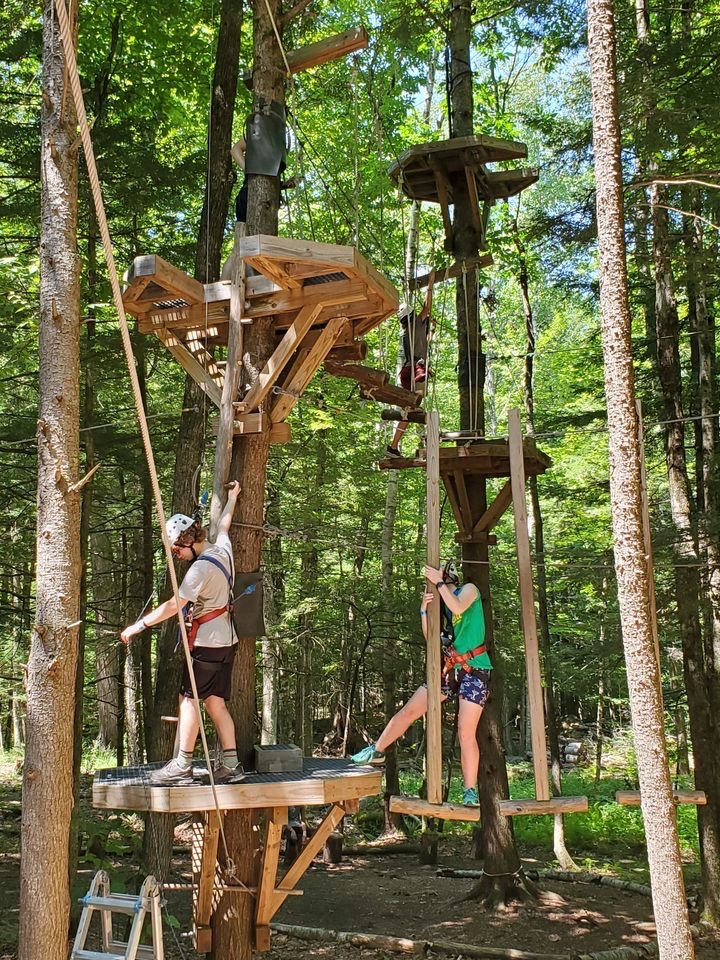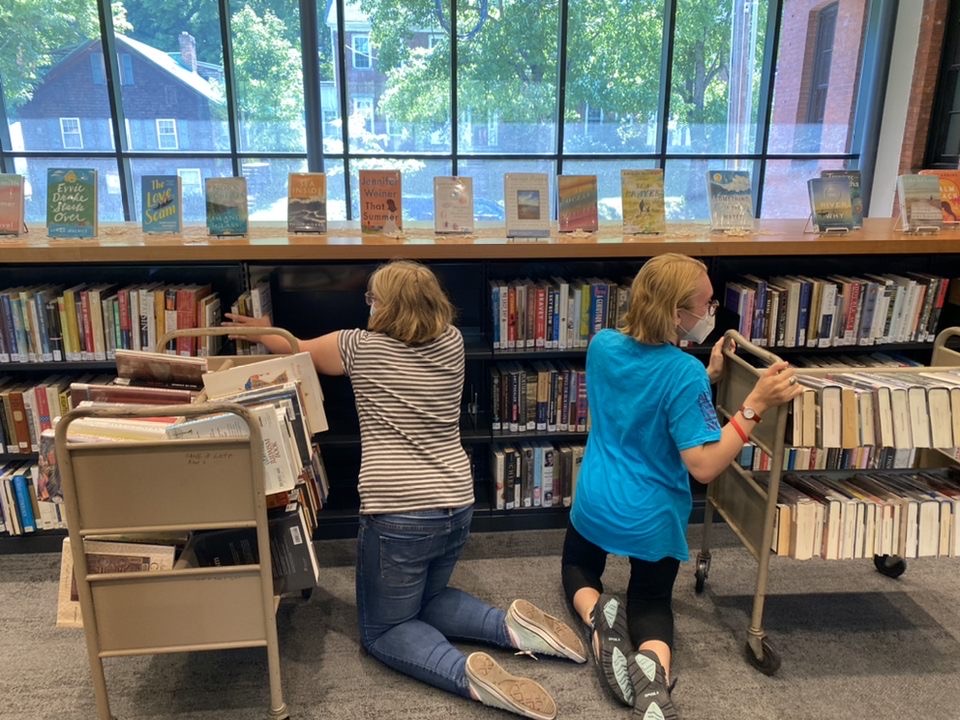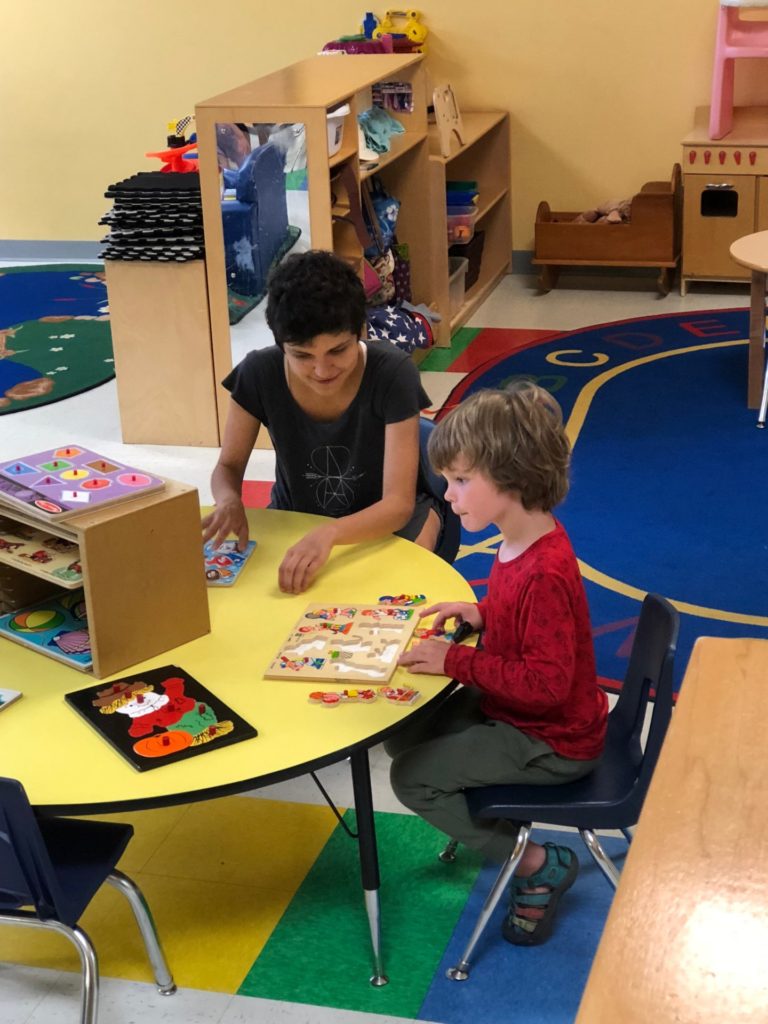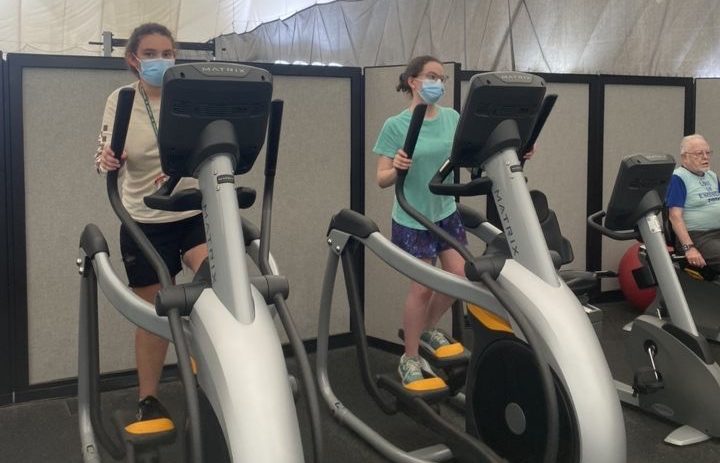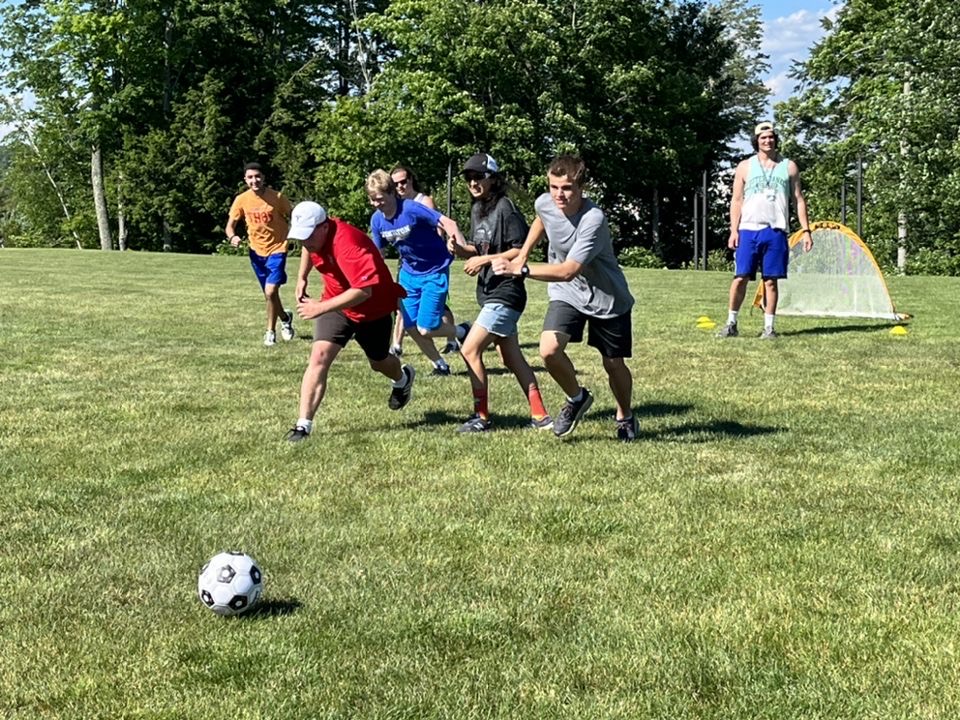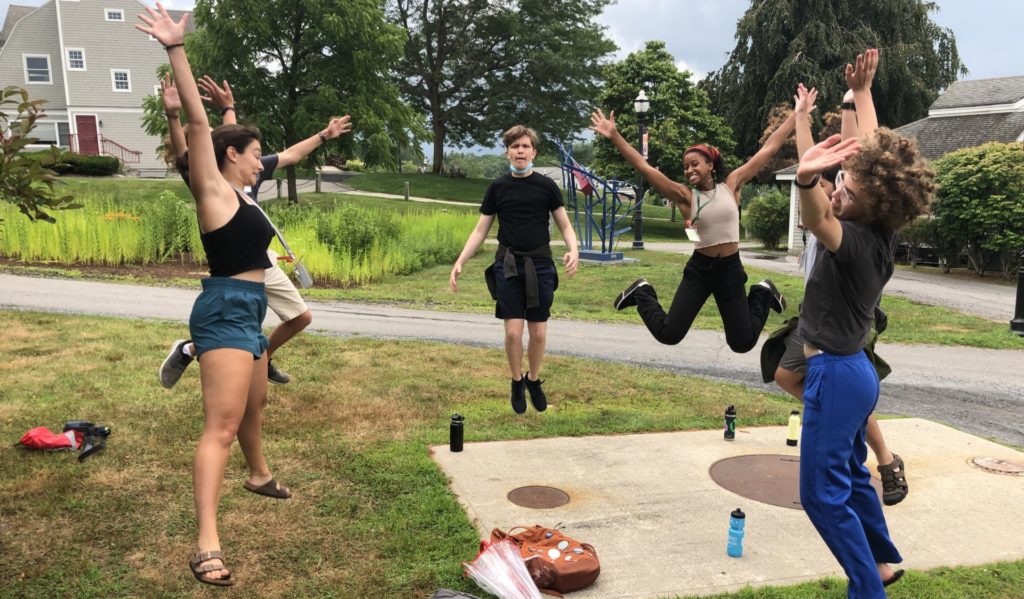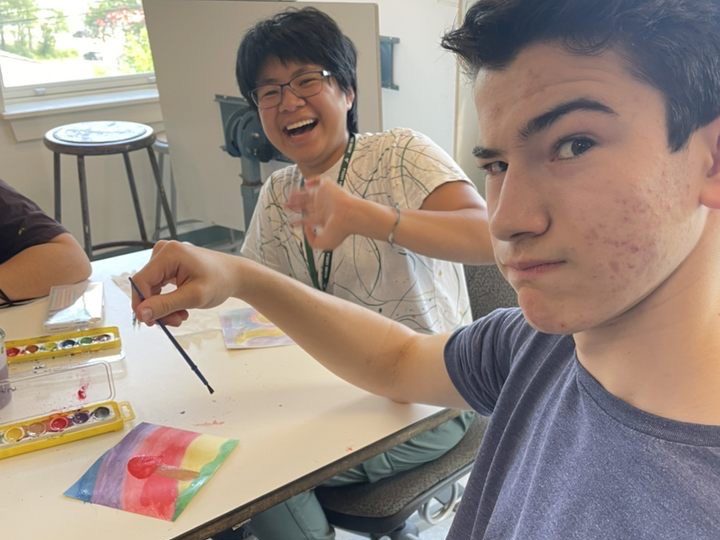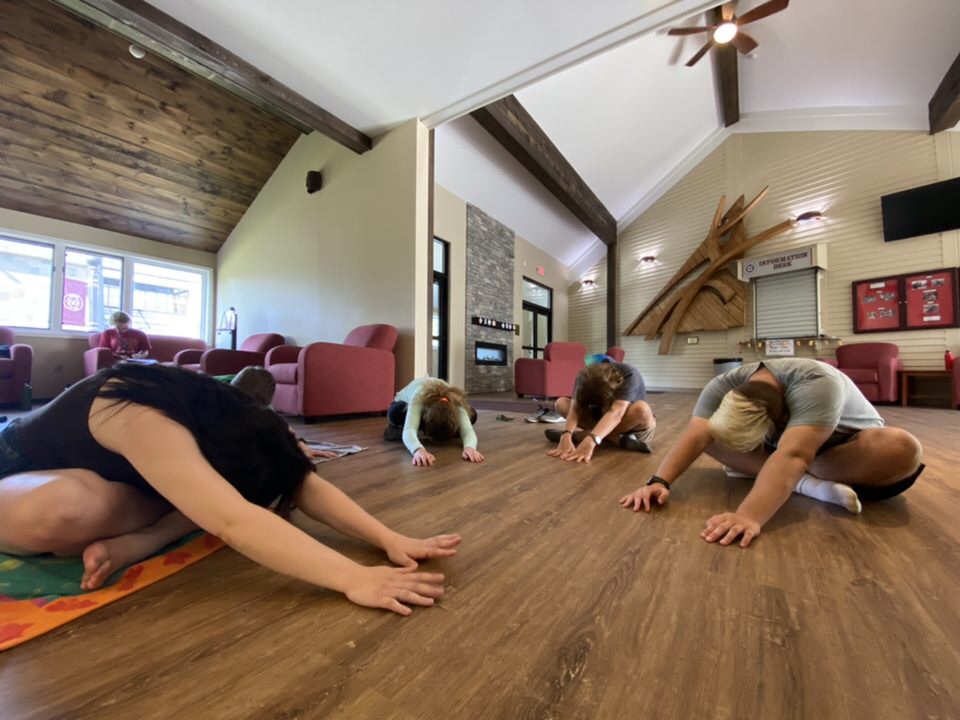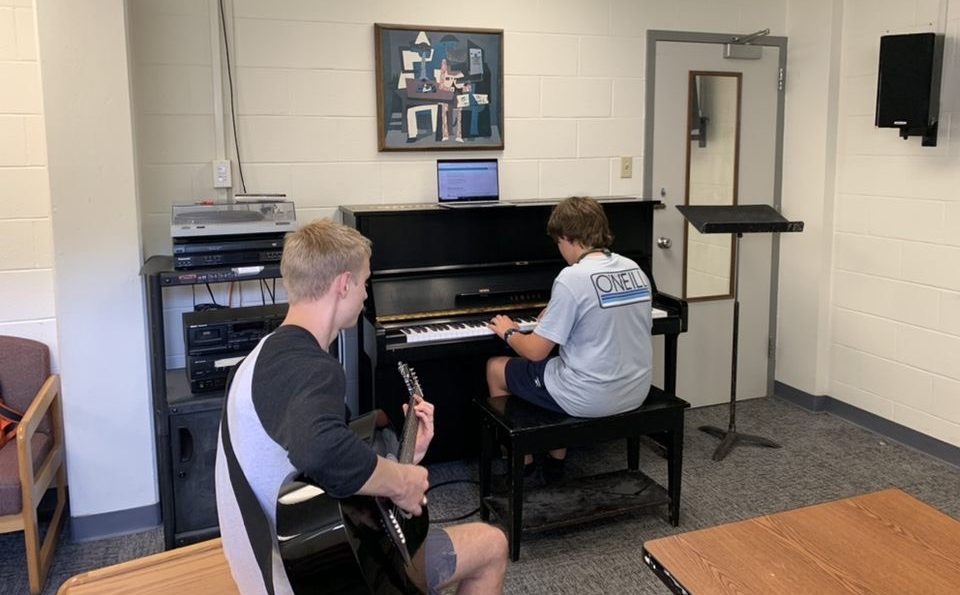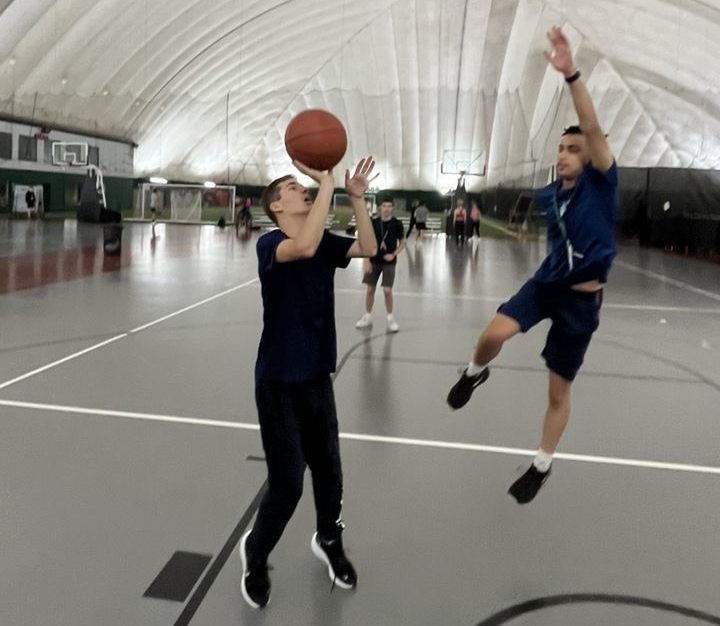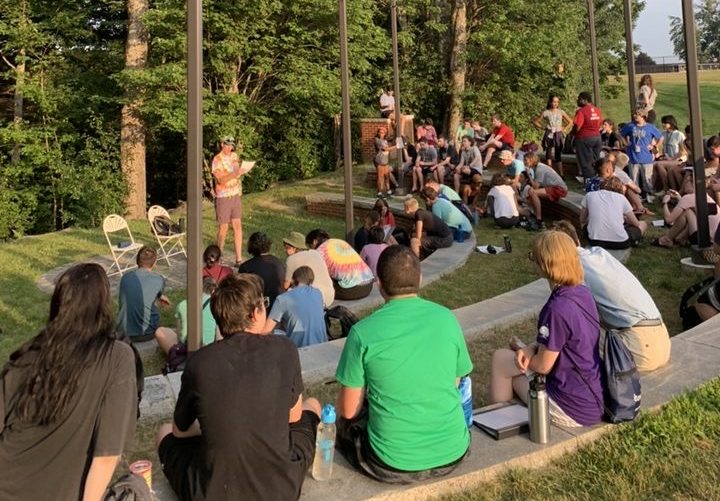We talk with our families a lot about the concept of risk taking at camp, and why it is so important for neurodiverse teens. We were pleased to come across this article from the American Camp Association that helps outline the benefits of taking healthy risks. The Myth of Risk: Promoting Healthy Behavior by Challenging Teens. The article does a great job of outlining the positive outcomes teens get from engaging in healthy risks. We encourage any family considering sending their neurodiverse teen to a summer program to read this article.
What is a Healthy Risk?
Both professionally and socially, our lives are often filled with healthy risks. Reaching out to an old friend, going to a social gathering (before COVID!) with new people, or starting a new job, are all examples of healthy risks we take as adults. While they may not feel risky for many, they can feel like risks for neurodiverse teens.
At Beyond Akeela, healthy risks can take many different forms. For some teens coming to camp is a risk in-and-of itself. For others, it may be initiating a game during free time, going white water rafting, or sharing their thoughts in a group conversation about applying to college. Acknowledging a mistake and apologizing to rekindle a friendship is another risk teens take in camp settings. Camp is full of these opportunities and is set up to prepare teens for success when they take risks.
Why is it Important to Take Healthy Risks?
As teens develop, so does their penchant to engage in risks. They are exploring their independence and how they fit into society, and often take risks to that end. Encouraging healthy risks at this crucial developmental stage is helpful in preventing negative risk-taking behavior. When we support positive risk-taking and set teens up for success, they realize they are capable of more than they thought before.
Per the research in the article above, teens who engaged in positive risk-taking clearly had positive social-emotional outcomes. They felt happier, more optimistic, successful, and more responsible. At camp, we’ve seen all of these outcomes anecdotally. Neurodiverse campers develop more confidence, they are more likely to take another positive risk, and often show signs of being happier.
One of the final things the article mentions is the increased sense-of-self teens feel when they engage in healthy risks. We couldn’t agree more with this. This is what camp is all about! For some teens, especially those who have not been part of a community like Beyond Akeela before, taking risks at camp helps them recognize how valued they are by other campers. It helps them develop a strong sense of self-respect.
Do you have a neurodiverse teen preparing to transition into a post-secondary program or college? We’d love to chat and see how we can help!



